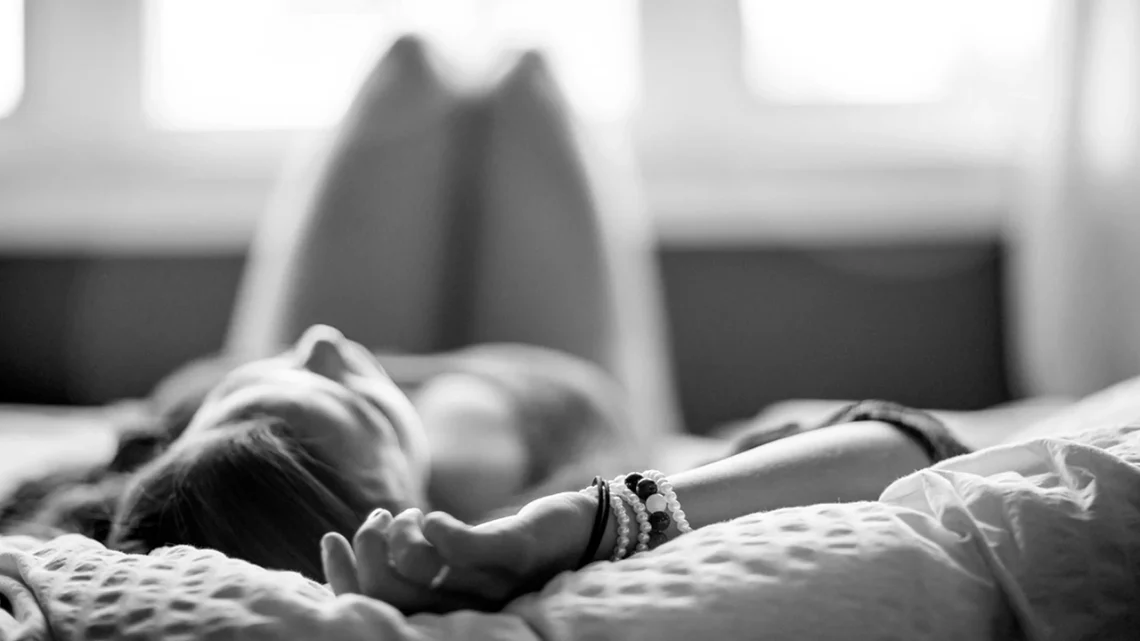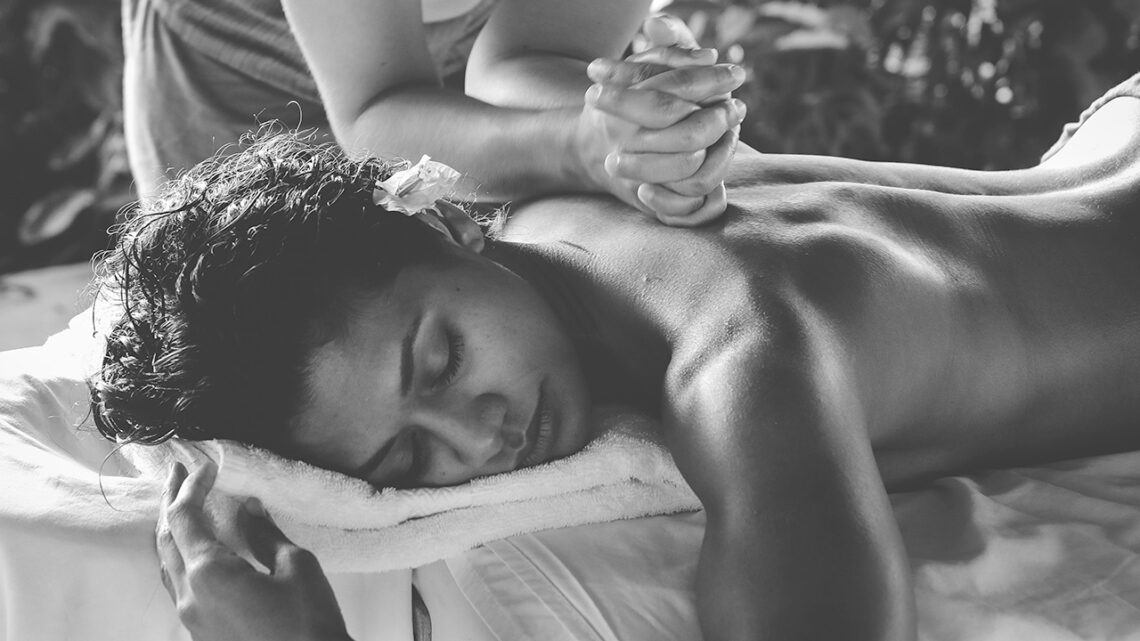I love the old saying “the simple things in life are often the best”.
When it comes to getting your glow on, the simple act of sleep rarely tops our list of priorities — it’s normally your natural and organic skincare.
If you’re anything like me, how many times have you hit that button on the Netflix remote, thinking just one more! Only to wake up as a half baked version of yourself?
To be honest, I should know better.. After the birth of my first child, I spent a harrowing ten months with a dear baby that woke every hour, and I can tell you from first-hand experience, it wasn’t pretty!
The toll this took on my health, my emotions, not to mention my skin, that had erupted with a severe case of eczema, almost left me rocking back and forth in a straight jacket.
Needless to say, this is a topic very near and dear to my heart. I now see sleep as one of life’s greatest pleasures. It’s free, it makes us feel amazing, and is one of the most rejuvenating things you can do for your skin.
Beauty sleep is more than just an expression
In a nutshell, sleep replenishes, rejuvenates and restores. When we sleep our body goes into repair mode, and our skin’s ability for cellular renewal, a function needed for fresh, youthful skin, is at its peak.
In an effort to squeeze more and more into our day, we often compromise on this essential cornerstone of health. Skimping on sleep wreaks havoc on our complexions, causing skin damage, poor collagen formation, accelerated aging, dark circles, bags and dullness.
If that’s not enough to have you running for a nap, sleep deprivation can cause many physical and emotional problems such as hormonal imbalances, impaired immunity, increased cortisol, stress, neuronal damage, obesity and depression.
But the thing is; We’re not aiming for average sleep, we need deep restorative sleep.
According to the Encyclopedia of natural medicine, when the body settles into the deepest stage of sleep, it promotes growth hormone release, an anabolic hormone (GH) which has been called the “anti-aging” hormone. GH stimulates tissue regeneration, collagen production, liver detoxification, muscle building, breakdown of fat stores and blood sugar regulation.
I’m sure your mother may have told you, that one hour of sleep before midnight is worth two after. It turns out there is truth to this, because cortisol, a hormone that helps us bounce out of bed in the morning, is at its lowest from 10pm until 2am. So I highly recommend catching the 10 o’clock train to take advantage of mother nature’s bedtime cue.
Another anti-aging superhero is the hormone melatonin, affectionately nicknamed the “pacemaker of the aging clock!” Melatonin is naturally produced within the pineal gland. It helps us regulate our sleep and circadian cycles, but it is also a powerful antioxidant and anti-inflammatory, that combats free radical damage in the body. Our melatonin levels decrease as we age, which is why we must make a more concerted effort to ensure we do not interfere with its production.
Light suppresses the production of melatonin
We produce five times more melatonin at night than during the day, as darkness is required to stimulate production. When your body clock senses a decrease in light, it sends a signal to your brain to produce more melatonin to induce sleep.
Before the age of artificial light, humans evolved in the glow of firelight. The glow of yellow, orange and red wavelengths does not suppress melatonin, but white and blue lights do because, for millions of years, these spectrums of light meant daylight, not Netflix.
This means that light emitted from devices such as computers, cell phones, televisions, illuminated alarm clocks and even our common household lights disrupt the production of melatonin, stopping your body from producing the very hormone needed for some serious shut-eye.
In an ideal world, we would go to bed when it gets dark and wake with the rising sun. While a complete return to our primal roots may seem a stretch, ‘closer’ is the keyword here. By introducing bedtime rituals that signal sleep, will gently rekindle your connection to our natural circadian rhythms, bringing you back into harmony with the cycles of day and night.
Here are our top tips to ensure you get your beauty sleep:-
- Integrating movement into your day is very beneficial for sleep, but ideally in the mornings, as heavy physical exertion later in the day can be too stimulating. Ideally, end workouts at least 4 hours before bed.
- Start dimming or ditching the lights in your house after sunset. Try eating dinner by candlelight instead, it also creates a warm and ahem… more romantic atmosphere. (perfect for getting you in the mood for that post-orgasmic glow… wink wink…)
- In winter if you have a fireplace, use it. It will warm the cockles of your heart…
- Aim to eat dinner at sunset, you don’t want your body digesting food when you could be regenerating your skin cells!
- Alcohol may help you fall asleep initially, but will disrupt the deeper cycles of sleep needed for repair. Enough said…
- Cutting all forms of caffeine in the afternoon will help your nervous system stay calm, before bed sip some herbal tea instead, such as chamomile or valerian root.
- Avoid foods that spike your blood sugar in the evenings, you know where I’m going with this ☺ yes.. take biscuits and sweets off the menu, they mess with humming hormones, and we could do without the guilt before bed.
- Aim to go to bed and get up at the same time every morning, exposing your eyes as soon as possible to daytime light. Throw open your curtains, or even better, get outside and bring some movement into your morning, in a way that feels good for you.
- Establishing bedtime rituals that will help wind you down mentally and physically, preparing you for sleep. Choose things that relax you and aim to do them at the same time every evening. These could include a hot bath or shower, with a few drops of lavender oil, some soothing music, a delicious skincare ritual or some massage, and be sure to throw in a little love.
- Treat the last hour before bed as a sacred time for you. Avoid anything that is too stimulating or stressful could spike your cortisol, making you feel more alert. Avoid watching scary, intense or disturbing themes and instead, try reading paperback books.
- Diaphragmatic breathing calms your nervous system, sending a signal to your body that you are safe. This shifts you out of flight or fight mode, lowers cortisol and signals your body into rest and digest.
- Consider your bedroom a cave. Remove anything that has a light, especially devices. Investing in heavy curtains or blackout blinds might make a big difference in promoting deeper sleep.
- Keep your cave cool. Warm temperatures are not great for sleep, and you could also wake dehydrated. We want to get snuggly under those covers.
- Invest in comfort. A good quality mattress with soft sheets made from natural fibres that won’t irritate your skin. If you really want to take things to the next level, a silk pillow may help prevent unwanted “sleep creases” from appearing.
- Keep our furry friends out of our bedroom. They have different sleep cycles that may wake us during the night, preventing our best possible sleep.
- Ensure you have enough magnesium in your diet, as this is essential to help your muscles relax. You’ll be happy to hear that raw cacao is bursting with magnesium and bananas are a great source of magnesium, potassium and to top it off, they actually assist with melatonin production.
- Couping yourself up in an office all day will confuse your circadian rhythms. Really optimise your lunch break and use it as a time to eat outside, take a walk and breathe in some fresh air. Use this time to also get some much needed Vitamin D, as a deficiency… you guessed it disrupts a great sleep. If weather prevents this, try loitering near a big beautiful window instead.
- Taking worry to bed will almost always give you a restless sleep. Corrie ten Boom once said “worry does not empty tomorrow of its sorrow. It empties today of its strength”. Integrating the practices of mindfulness and meditation can be game-changing.
- Keep a gratitude journal next to your bed, before going to sleep write down at least five things from your day that brought about pleasure, appreciation and gratitude. When we are in a space of gratitude, there is no room for negativity, and a positive frame of mind makes a big difference to our sleep quality.
To your blossoming, Bec x




